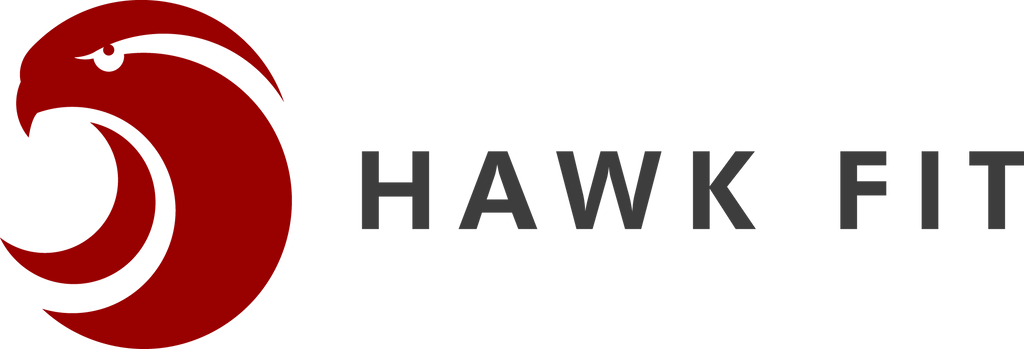What’s the most important factor for fat loss?
A calorie deficit.
But is fat loss as simple as that? Well. Yes and no. It depends.
Ok 🙄 So what does it depend on?
Food plays a MUCH larger role than just energy balance.
Read that again.
Every part of our body is constructed from the food we eat. Our skin is made up of things we’ve eaten over the past month. Our bones are made up of things we’ve eaten over the past decade, even our red blood cells are comprised of substances we consumed over the last ~3-months. We are quite literally what we eat. (Well, we’re what we eat, digest, assimilate- and don’t excrete).
“You need to be in a calorie deficit to lose fat” or “you need to be in a calorie surplus to gain muscle” ARE black and white statements that don’t allow for the many different variables, conditions, and nuances, that contribute to the big picture. The reality is, things are almost always different shades of gray, not black or white. Especially when it comes to nutrition.
Let’s take fat for example. Our fatty acid profile is directly correlated to the dietary fat that we consume. Dietary fat is needed to make the membranes of every single one of the trillion cells in our bodies.
Fats are also necessary to make our sex & adrenal hormones and they can either have a (pro) or (anti) inflammatory effect in our body. So the RIGHT fats in the appropriate amounts is crucial for optimized health and for everything in between.
Food also contains micronutrients (vitamins/minerals/phytonutrients) and lack of micro-nutrients will result in nutrient deficiencies which can lead to a whole host of health issues.
So back to the original question. Is a calorie deficit as simple as you need to get? For weight loss- absolutely. Energy balance will dictate that. What about for health? Or optimal FAT loss? (Not just weight loss- but FAT loss). Then there is more that needs to be taken into considered.
Also keep in mind, some people can lose fat much easier than others and the reason isn’t them being in a larger deficit.
Keep it simple until it needs to be complex- but you HAVE to understand the complexity- And I know a really good coach that’ll teach you what you need to know 😉
Okay cool, now with the tips.⠀
- MEASUREMENT TECHNIQUE: Weigh your food with a food scale. Even things like bread, protein, and frozen yogurt. If you don’t want to measure/track your food, you can still progress taking a more ‘intuitive’ approach— but if you’re someone who struggles with listening to biofeedback signals and hunger/satiety cues, then you might benefit from a meal plan to help you develop structure with your nutrition.
- MAKE IT A BIG DEAL: The ability to quickly track foods and study trends is a huge learning opportunity. Manipulating the data over and over makes it more meaningful. Keep a food log via an app or spreadsheet.
- CONSUME MEASURABLE FOODS: The more you rely on eating out and using apps to estimate meals, the more room for in-accuracy. I spoke about this on today’s live (tune in for more context), but especially if you’re in a dieting phase, you'll get more of a 'bang for your buck' consuming wholesome, minimally processed, micronutrient dense foods.
- MEAL CONSISTENCY: Flexible dieting doesn’t mean you can’t eat the same meals as often as possible, sometimes monotony works, built in consistency pays off with time- that said your food shouldn’t be boring. Also, just because it ‘fits’ your macros, doesn’t mean you should ‘fit’ it in your macros.
- DON’T BE AN ASSHOLE: If you eat it, track it. Don’t pretend it didn’t happen and think you’ll just out cardio it. Put it your food log. Tracking has zero value if it’s not accurate and if you’re not honest with yourself.
⠀
Final tip... Don't forget the #micros.

